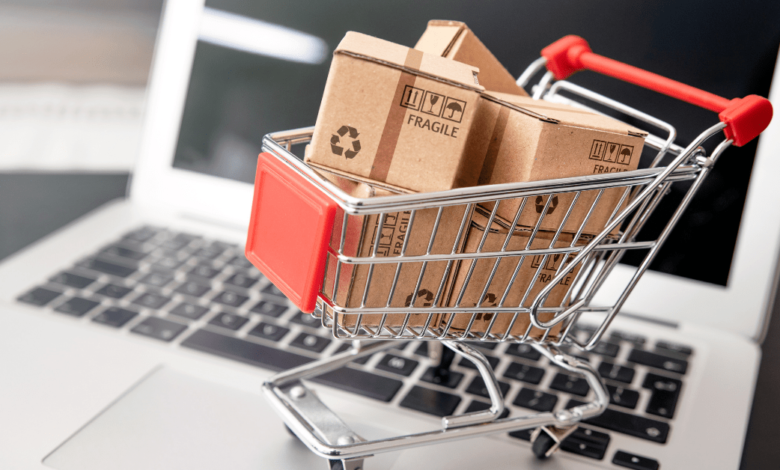Business
How Small Businesses Can Leverage eCommerce In South Africa

How Small Businesses Can Leverage eCommerce In South Africa. Small businesses in South Africa can greatly benefit from eCommerce by tapping into online sales channels to increase reach, reduce costs, and offer customers greater convenience. Here are some strategies and tips to leverage eCommerce effectively:
Establish a User-Friendly Online Presence
- Website Creation: Building a simple, mobile-friendly website or using an eCommerce platform like Shopify or WooCommerce can help create a digital storefront. Local services like PayFast and Yoco make setting up secure online payments straightforward, aligning well with South African market needs.
- Social Media Integration: Platforms like Facebook, Instagram, and TikTok offer built-in shopping features. By linking these to an online store, businesses can reach and sell directly to engaged audiences.
Leverage Local Marketplaces
- Partnering with established South African marketplaces such as Takealot, Makro, and Zando gives businesses immediate access to a wider audience.
- Marketplaces handle much of the logistics, payments, and customer service, which reduces operational burden, allowing small businesses to focus on product quality and customer satisfaction
Focus on Mobile Optimization
- Given that mobile usage is high in South Africa, it’s essential for businesses to ensure their sites or apps are mobile-friendly. Simple, responsive designs and fast loading times enhance user experience, making it easy for customers to browse and purchase on their phones.
Utilize Local Payment and Delivery Options
- South Africa has unique payment needs. Accepting methods like EFT, mobile wallets (e.g., SnapScan), and cash on delivery (COD) can attract more customers, especially those unbanked or hesitant about online transactions.
- Working with local delivery services, such as Fastway or The Courier Guy, offers affordable and reliable shipping options and reduces delivery times.
Offer Personalized Marketing
- Using tools like email marketing, social media retargeting, and Google Ads, businesses can reach specific customer groups with personalized offers and promotions.
- Discounts and loyalty programs can encourage repeat purchases and customer retention.
Leverage Data for Informed Decisions
- Using analytics tools on platforms like Google Analytics or social media insights helps track customer behavior, preferences, and demographics. Understanding these patterns allows businesses to make better marketing and inventory decisions, tailoring their offerings to what resonates most with their audience.
Focus on Niche Products and Local Brands
- Highlighting unique, locally-made products or focusing on niche markets (e.g., eco-friendly products, African-themed decor, or locally sourced foods) differentiates small businesses from larger, more generalized retailers.
Build a Strong Social Media Community
- In South Africa, social media is a powerful tool to build brand awareness. Regular engagement through stories, live sessions, customer testimonials, and responding to customer feedback establishes trust and fosters a loyal community around the brand.
Ensure Compliance with South African Regulations
- Businesses should familiarize themselves with South African eCommerce laws, such as the Consumer Protection Act and POPIA (Protection of Personal Information Act), to ensure customer rights and data privacy.
Consider Subscription-Based Models
- Subscription-based eCommerce is growing. By offering monthly subscription boxes or products on a recurring basis, businesses can build consistent revenue and encourage customer loyalty.
eCommerce offers South African small businesses the opportunity to expand reach and increase revenue with fewer barriers than traditional brick-and-mortar setups. By understanding local customer preferences, focusing on mobile optimization, and leveraging both established marketplaces and social media, businesses can navigate and thrive in South Africa’s dynamic digital landscape.




